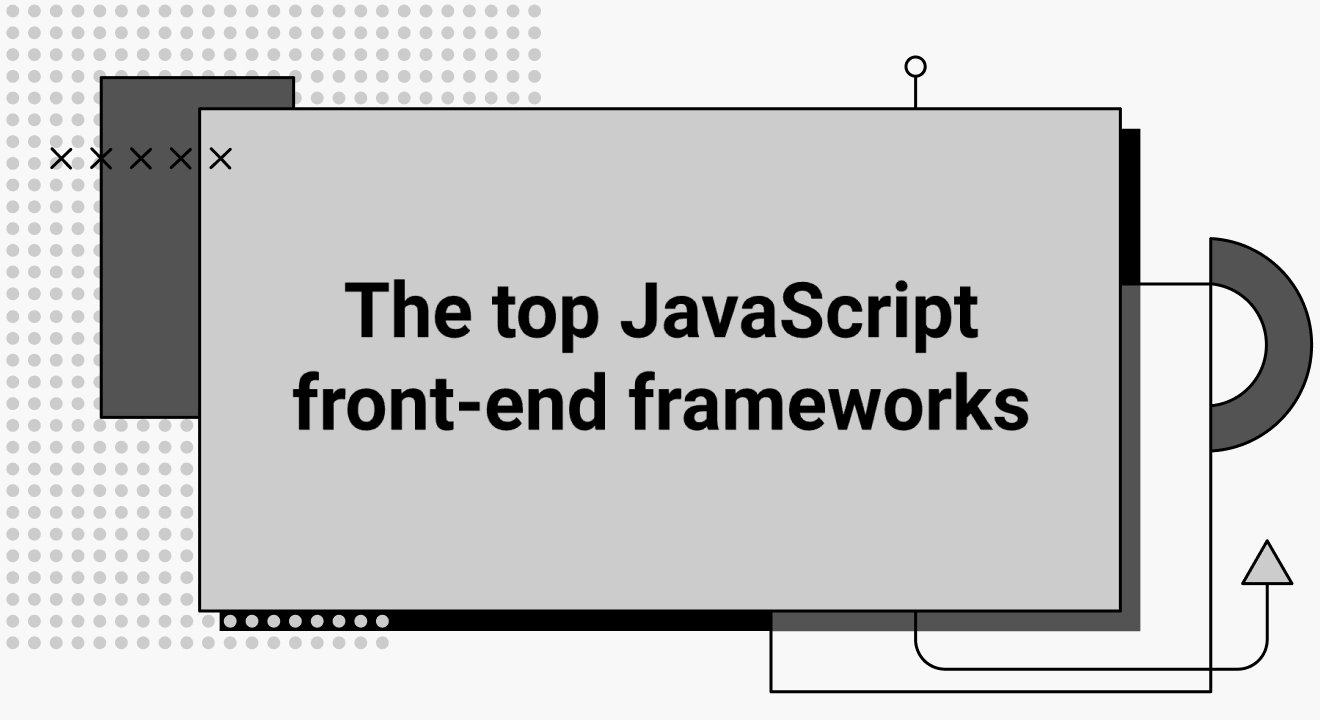News Blast
Your daily source for the latest news and insights.
Framework Face-Off: Which JavaScript Tool Will Reign Supreme?
Discover the ultimate showdown of JavaScript frameworks! Which tool will dominate? Dive in to find out and elevate your coding game!
React vs. Vue: A Comprehensive Comparison of JavaScript Frameworks
When comparing React and Vue, it’s essential to recognize that both frameworks cater to the needs of modern web development but do so in fundamentally different ways. React, developed by Facebook, is a component-based library that excels in building large-scale applications with complex state management. Its virtual DOM implementation enhances performance, making updates faster and more efficient. Conversely, Vue offers a more flexible approach that combines features from both the options API and the composition API, catering to both newcomers and seasoned developers with its simplicity and adaptability.
Both frameworks boast significant community support and a plethora of resources, yet the choice between them can ultimately depend on your project requirements. Here are some key factors to consider in your decision-making process:
- Learning Curve: Vue is often cited as easier for beginners to learn due to its straightforward syntax and comprehensive documentation.
- Performance: While React may lead with its highly optimized rendering, Vue also provides excellent performance through its own virtual DOM system.
- Flexibility: Vue offers more flexibility with its templating and programming paradigms.

The Rise of Svelte: Is it Time to Ditch the Big Names?
The rise of Svelte as a modern JavaScript framework has prompted developers to reconsider their dependency on larger, more established frameworks like React and Angular. Unlike these traditional options, Svelte compiles components at build time, resulting in smaller bundle sizes and improved performance. This efficiency allows developers to build high-quality applications without the overhead that often accompanies more popular libraries. As a result, many are asking: is it time to ditch the big names in favor of an innovative and streamlined approach offered by Svelte?
As the web development landscape continues to evolve, the advantages of Svelte become increasingly apparent. Its intuitive syntax and minimalistic design not only boost developer productivity but also significantly enhance user experience. Moreover, with a growing community and an expanding ecosystem of libraries and tools, Svelte is paving the way for a shift towards more performant and user-friendly applications. This raises the question for developers - should we start exploring and adopting Svelte over the traditional giants that have dominated the market for years?
Which JavaScript Framework is Right for Your Project? A Quick Guide
Choosing the right JavaScript framework for your project can significantly impact its development in terms of speed, scalability, and maintainability. With numerous frameworks available, it's essential to evaluate your project requirements before making a decision. For instance, if you are working on a small to medium-sized application, frameworks like Vue.js or React might be ideal due to their flexibility and ease of use. On the other hand, for larger-scale applications that require robust back-end support, Angular can provide a more structured approach with its comprehensive framework.
When considering which JavaScript framework is right for you, it's helpful to compare their features and community support. For example, React boasts a large ecosystem and is widely used in the industry, making it easier to find resources and support. In contrast, Vue.js offers a progressive approach, allowing developers to integrate it into existing projects with ease. A quick checklist can help simplify your decision-making process:
- Evaluate project size and complexity
- Consider your team's familiarity with the framework
- Research community and ecosystem support